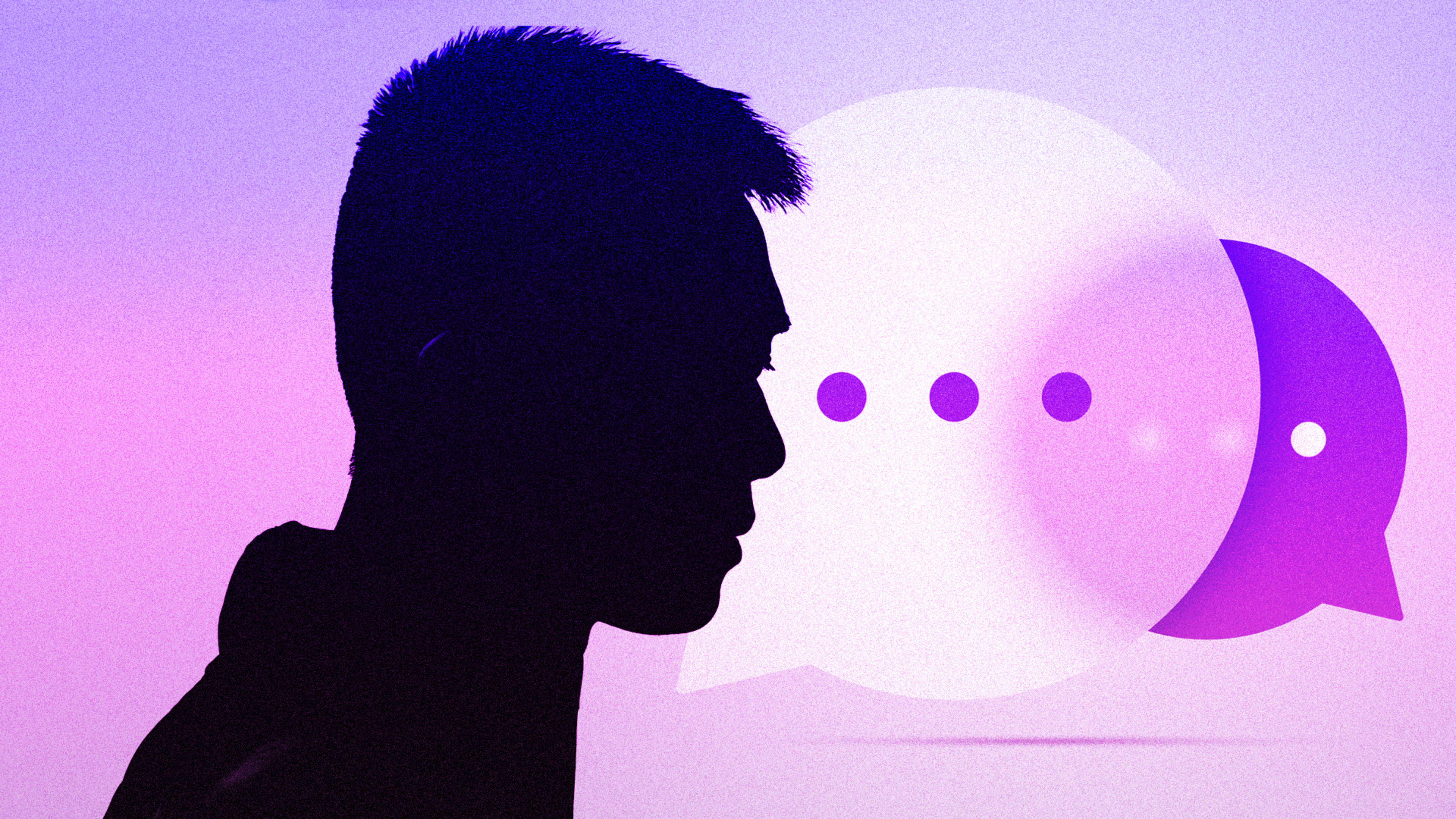The global pandemic has created a seismic shift in workplace mental health, with over three-fourths of workers saying that this is the most stressful year ever. That’s according to a global study by my company, Workplace Intelligence, and Oracle which surveyed more than 12,000 workers at all levels across 11 countries.
Now more than ever, leaders need to put mental health at the top of their agenda and address this issue. Employees can’t possibly perform at their best when they are suffering inside. And poor mental health is now inescapable as employees work remotely with no separation between their work and personal lives. The study found that 85% of respondents’ mental health issues at work negatively affect their home life, causing things like suffering family relationships, isolation from friends, reduced happiness, and sleep deprivation.
The mental health epidemic at work persists because of the stigma around it. Employees are afraid to speak out about how they feel due to fear of being ostracized by their teams, or even being laid off. This is especially true during this recession, where job opportunities are scarce, and any complaints could result in termination. But this helps explain why a majority of our survey’s respondents—a whopping 82%—are turning to robots, such as chatbots, digital assistants, and artificial intelligence technology, to support their mental health instead of humans. After all, robots can’t judge.
Turning to technology
Technologies like digital assistants and chatbots provide a judgement-free zone for employees to seek advice and share their stresses—and they are immediately available to answer health-related questions. While your manager, co-workers, or even a therapist wouldn’t want to take your call at 4 a.m., technologies like these don’t sleep and can scale to meet the needs of the entire global workforce.
In fact, the study found that 68% of respondents would prefer to talk to a robot over their manager about stress and anxiety at work and 80% are even open to having a robot as a therapist or counselor.
But even though workers are turning to technology over their managers to share their struggles, that doesn’t mean employers shouldn’t be involved. According to the survey, 83% of employees would like their company to provide technology to help with mental health. While some companies like EY, JP Morgan, Starbucks, and Chipotle are already offering tools and resources to support employee mental health, over three-fourths of respondents believe their company should be doing even more to support them.
In addition to wellness or meditation apps—which have become a popular benefit over the last few years—people also want access to health resources so they can get quick answers, virtual on-demand counseling services, and chatbots or AI-based digital assistants that can provide personalized answers to their health-related questions anytime and anywhere.
Scaling up mental health
We’re already seeing this trend begin to take shape as more startups build options along these lines. For example, the technology company Ginger offers a chat application used by employers that provides direct counseling services to employees. Its algorithms analyze the words a person uses and then rely on its training from more than two billion behavioral data samples, 45 million chat messages, and two million clinical assessments to provide a recommendation.
Another example is BioBeats, which offers a corporate mental health solution that uses technology and data from health assessments, mental well-being monitoring, and physical health monitoring to deliver insights and a “well-being score” for employees. And Woebot is a chatbot that integrates AI, empathy, and therapeutic expertise to support mental health.

This is just a sample of the technology being created and implemented to help provide support for workers’ mental health worldwide. I believe we’ll continue to see more AI, data, and technology-driven solutions in the coming months and years because the consequences of ignoring the mental health crisis are stark.
Nearly half of respondents from the Oracle and Workplace Intelligence study said that workplace stress, anxiety, or depression causes their productivity to plummet, and 40% said it leads to an increase in poor decision-making at work. Not to mention, it has a profound impact on people’s personal lives as well, carrying negative effects from work to home.
Mental health challenges are impacting people around the world, and the COVID-19 pandemic is making these problems even worse. That’s why scalable technology-based mental health support presents an incredible opportunity to help—one we need more than ever.
Recognize your brand’s excellence by applying to this year’s Brands That Matter Awards before the final deadline, June 7.
Sign up for Brands That Matter notifications here.
